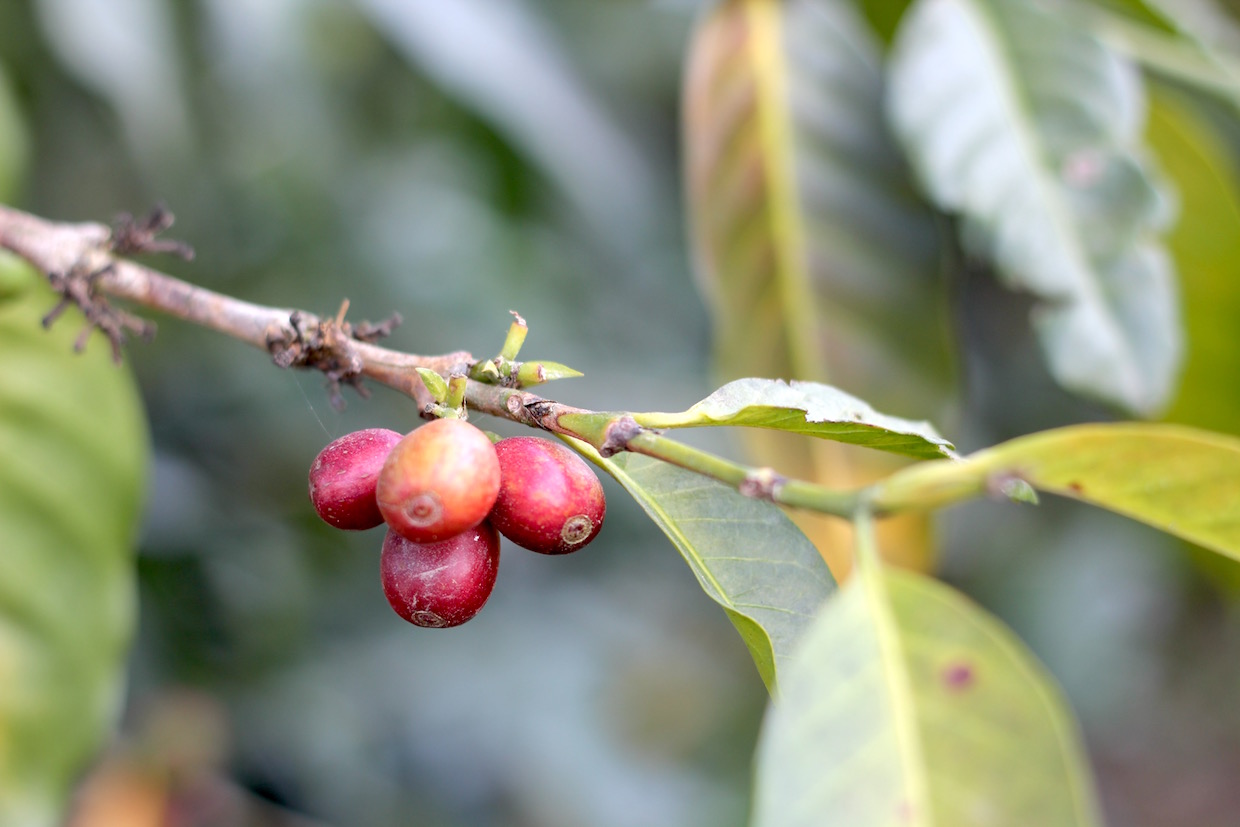Production cost at the farm level remains a controversial subject in the specialty coffee industry as it moves towards increased price transparency.
On one hand, understanding costs as a buyer is an essential step in understanding value. Yet, on the other hand, a common concern among smallholder farmer advocates is that growers accept far more risk than buyers while still collectively being “price takers” rather than price setters.
To grossly oversimplify: Would a coffee buyer want to know actual production costs within its supply chain in order to forge a more meaningful and sustainable trading relationship based on understanding and shared value? Or are buyers simply trying to discover bare minimums that serve only to maintain the availability of supply?
Opinions and ideologies surrounding the specifics of production costs vary widely, but to form a more fully conceptualized understanding of them is certainly a worthwhile exercise — one that takes place in the latest episode of Coffee Economics with Karl, led by Karl Wienhold of the Colombian green coffee trading company Cedro Alto.
“Without an understanding of the costs of producing coffee, price transparency information tells us nothing about producers’ economic well-being,” says Karl. “The reason for interest in price transparency is, in all likelihood, to ensure that producers are earning what someone considers fair, or enough to support themselves and their families with a reasonable standard of living.”
Nick Brown
Nick Brown is the editor of Daily Coffee News by Roast Magazine.
Comment
1 Comment
Comments are closed.







It’s very important that buyers need to understand the cost of production in order to be fair while setting prices. They are the ones who set prices not the farmers..